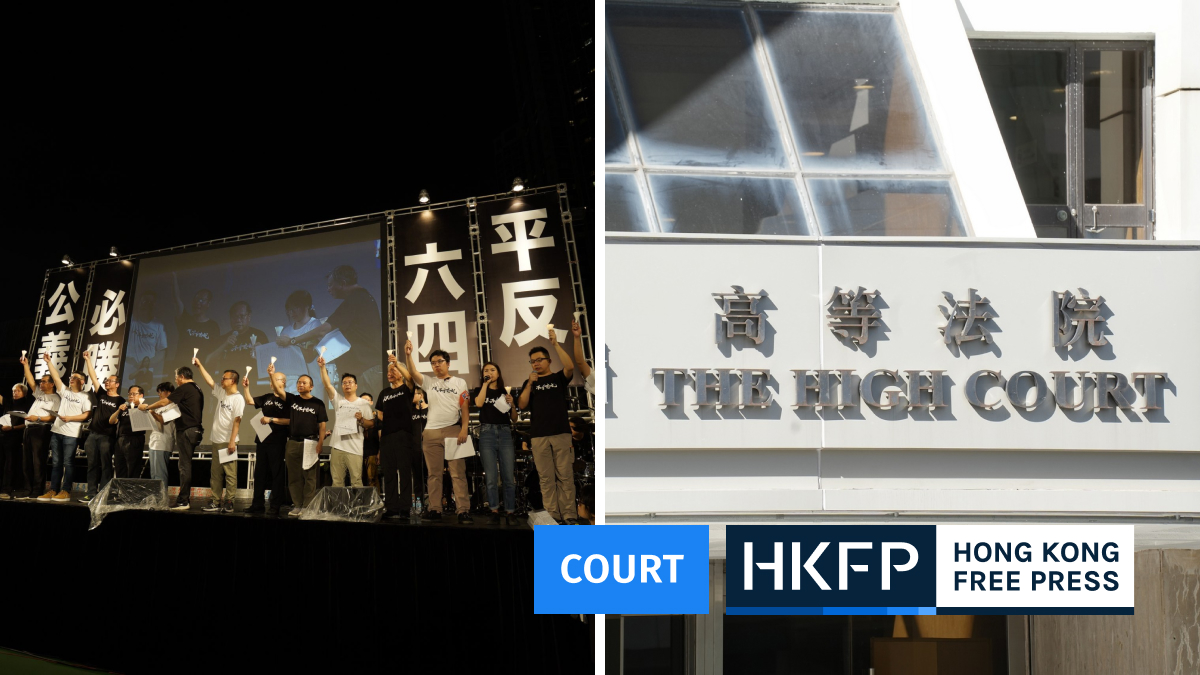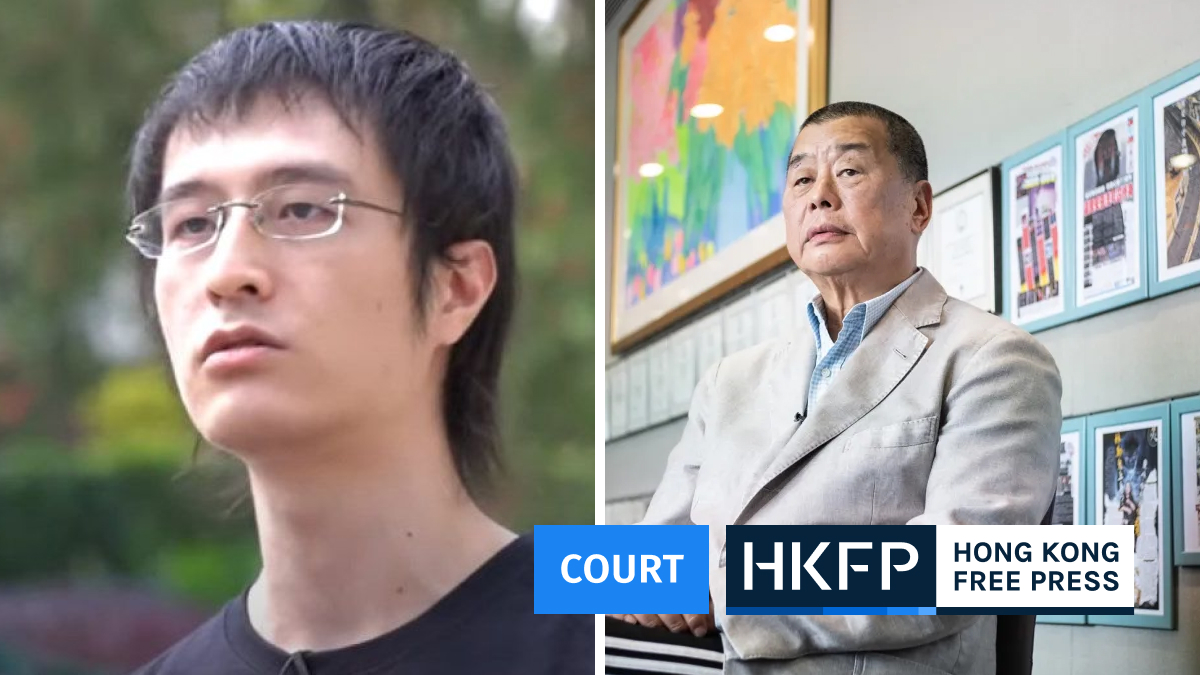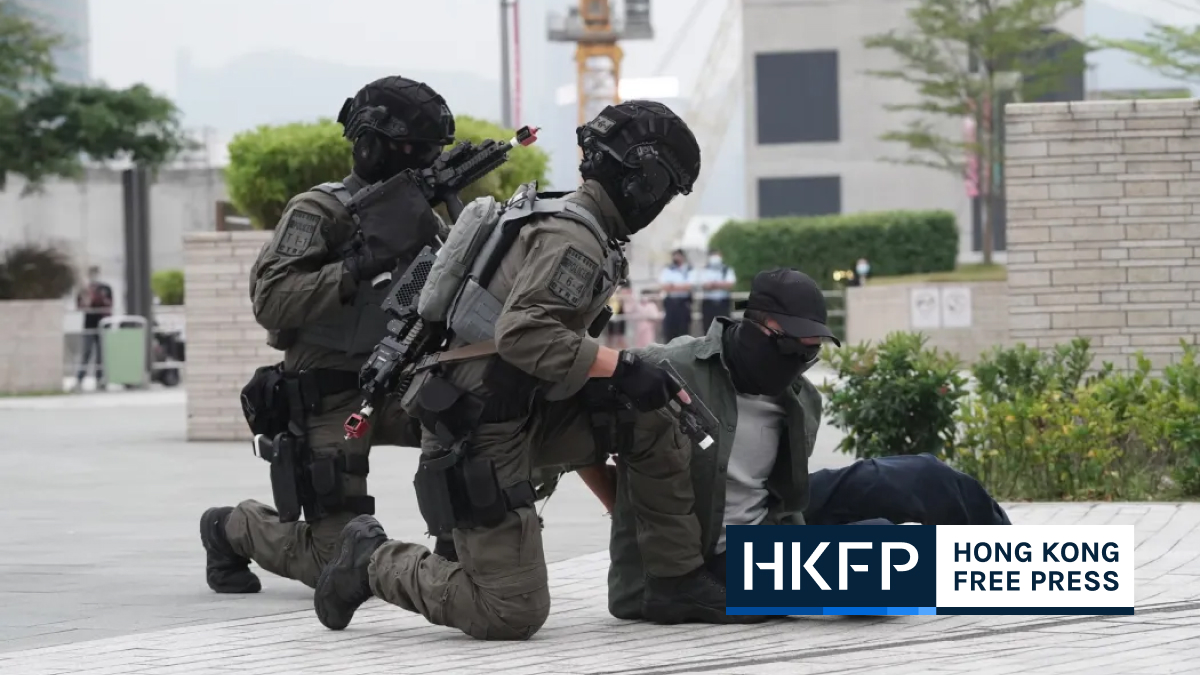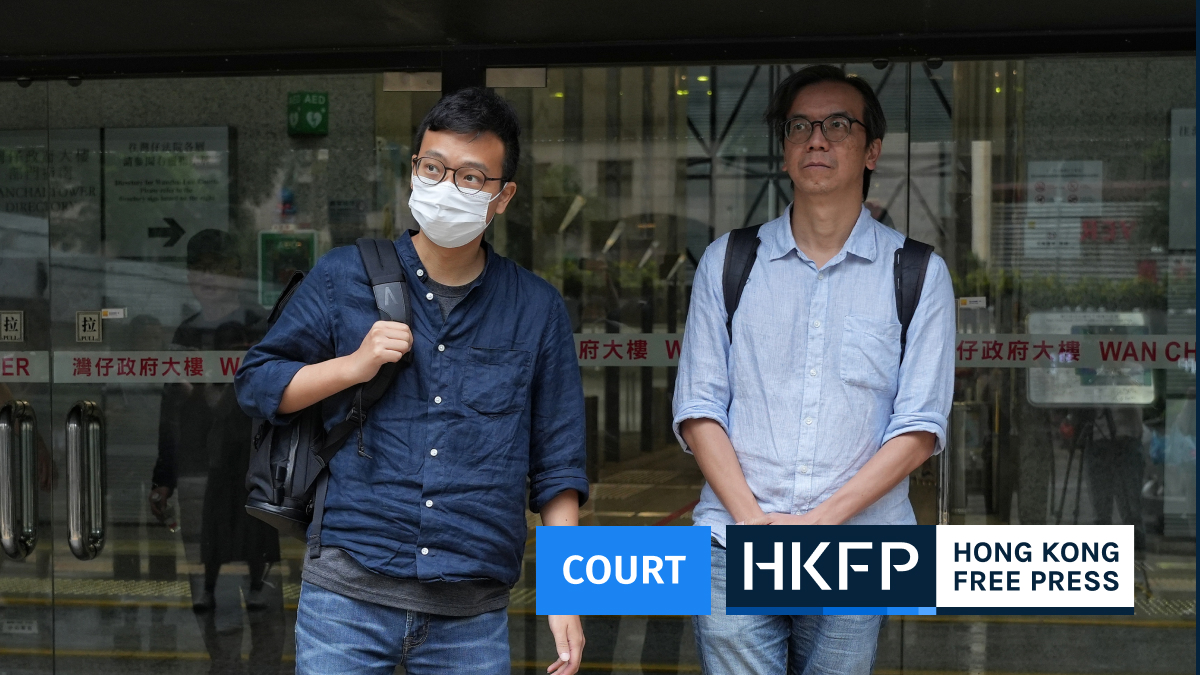Hong Kong’s Legislative Council (LegCo) has passed 46 government bills and two member bills during the last session of its sixth term – more than double the yearly average of previous sessions. The uptick comes after the entire democratic camp resigned en masse last November in protest of the ousting of their colleagues.
The government presented 128 bills during the legislature’s extended five-year term, 124 of which were passed. The term was lengthened after last year’s legislative polls were postponed with the authorities citing Covid-19. The figures mark a more than 50 per cent increase to the 80-odd bills passed in previous terms.
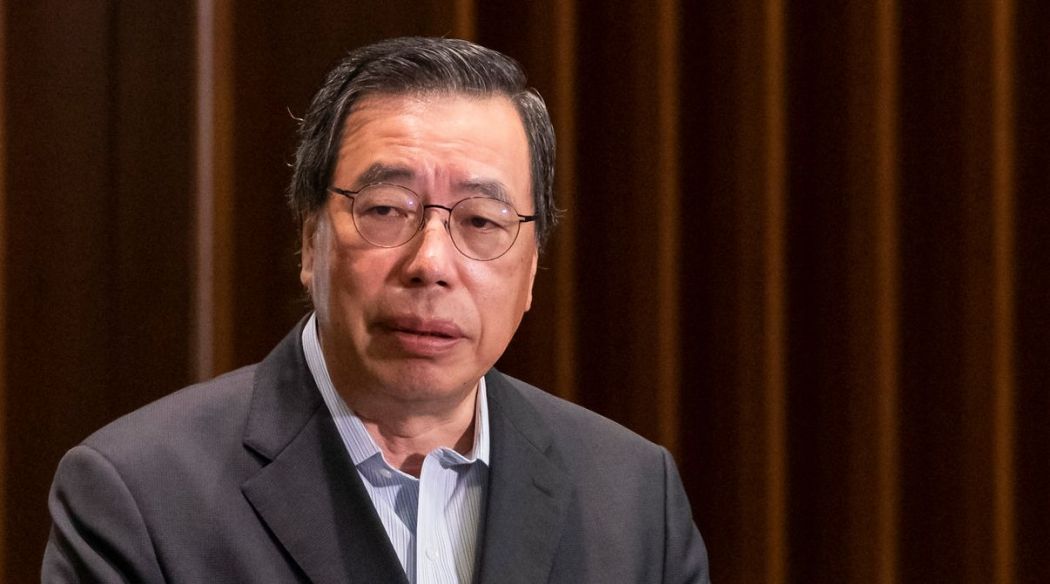
President of the Legislative Council Andrew Leung said the figures proved the legislature was running efficiently after the Beijing-enacted national security law had restored “rationality” during his end-of-session remarks on Thursday.
“In this last session, more bills and motions benefiting the people and the community of Hong Kong were passed in an efficient manner,” the president said.
Leung said three controversial bills had been passed, including rent control regulations for subdivided flats, a new scheme to allow foreign doctors to be admitted in the city, and a ban on e-cigarettes: “The entire process shows that Legco is not a forum that stifles dissenting voices,” he added.
The majority of Hong Kong’s opposition are in prison, behind bars on remand, or have fled abroad. The chamber’s only non-establishment lawmaker, medical sector representative Pierre Chan, has said he will not seek another term.
The session held 49 meetings — the highest number of meetings ever held within a single session. The 2020/21 session was three months longer than previous sessions due to the postponed elections. Newly restricted “patriots only” elections are to take place in December, following a Beijing-led overhaul.
‘No more chaos’
During Legco’s sixth term, eleven members were disqualified from office, including four democrats last November after Beijing deemed they were “unpatriotic.” Their ousting prompted the 15 remaining democrat lawmakers to collectively resign in solidarity.
“After the [pan-democrats] left the Legco chamber, things are getting smoother because there were no members trying to bust any proceedings… It became more efficient because of more time spent delaying or blocking the bill was not there at all. That is why we can scrutinise double the amount,” the president said.

No members had been forced to leave the chamber for misconduct and no meetings have been adjourned for the lack of quorum since the democrats stepped down from the legislature, he added.
Before the mass resignation, democrats had frequently deployed filibustering techniques such as lengthy quorum calls to frustrate legislature proceedings. Their protest efforts, at times, saw chaotic scenes break out in the legislative chamber.
The majority of the democrats who resigned en masse were charged in February for conspiracy to commit subversion under the national security law over an informal election poll. Most have been denied bail pending trial.
‘Not a rubber stamp’
Leung denied the city’s legislature had become a rubber stamp, saying instead that the legislature is now able to hold “positive interactions” with the executive.
He quoted the government’s willingness to lower the yearly rent increase cap for subdivided flats from 15 per cent to 10 per cent as an example of the government’s willingness to listen to amendments by lawmakers.
A controversial film censorship bill was passed on Wednesday after an hour-long meeting during which only five lawmakers spoke. A new anti-doxxing law, and a newly-tightened flag law were also passed this month, with both carrying years-long jail sentences for offenders. Last week, the controversial bill allowing in more overseas-trained doctors to practice passed with only Chan voting against it – the move had been opposed by the medical sector for years.

When asked whether the legislature had become “one-sided” after it emptied of democrats, the president said he believed it was “healthier” to focus on economic issues rather than political ones.
Leung declined to respond to whether he would run for another term.
The sixth council’s term was extended for one year after the government delayed Legislative Council elections for one year, citing the Covid-19 pandemic. The city’s electoral process has since undergone a Beijing-led overhaul, which diminished the ratio of directly-elected legislative seats and ensures only “patriots” can govern.
Support HKFP | Policies & Ethics | Error/typo? | Contact Us | Newsletter | Transparency & Annual Report | Apps
Help safeguard press freedom & keep HKFP free for all readers by supporting our team





















